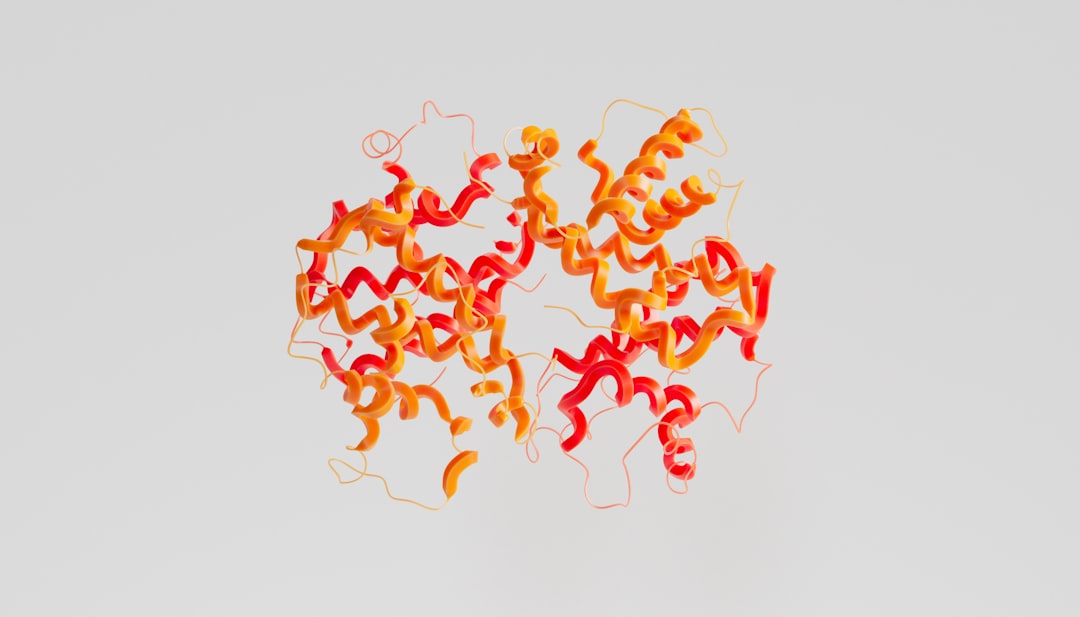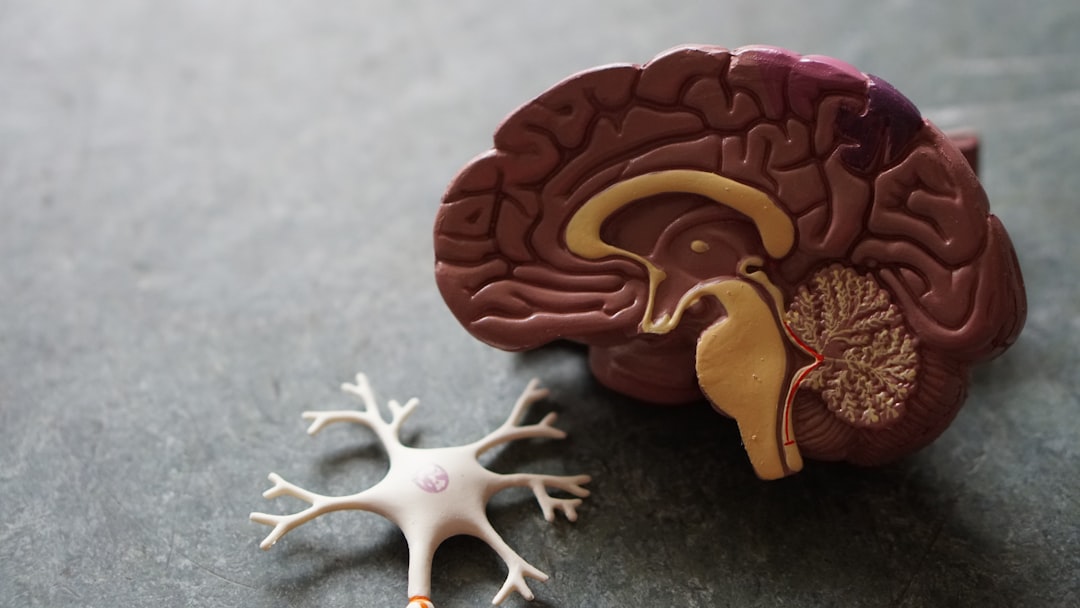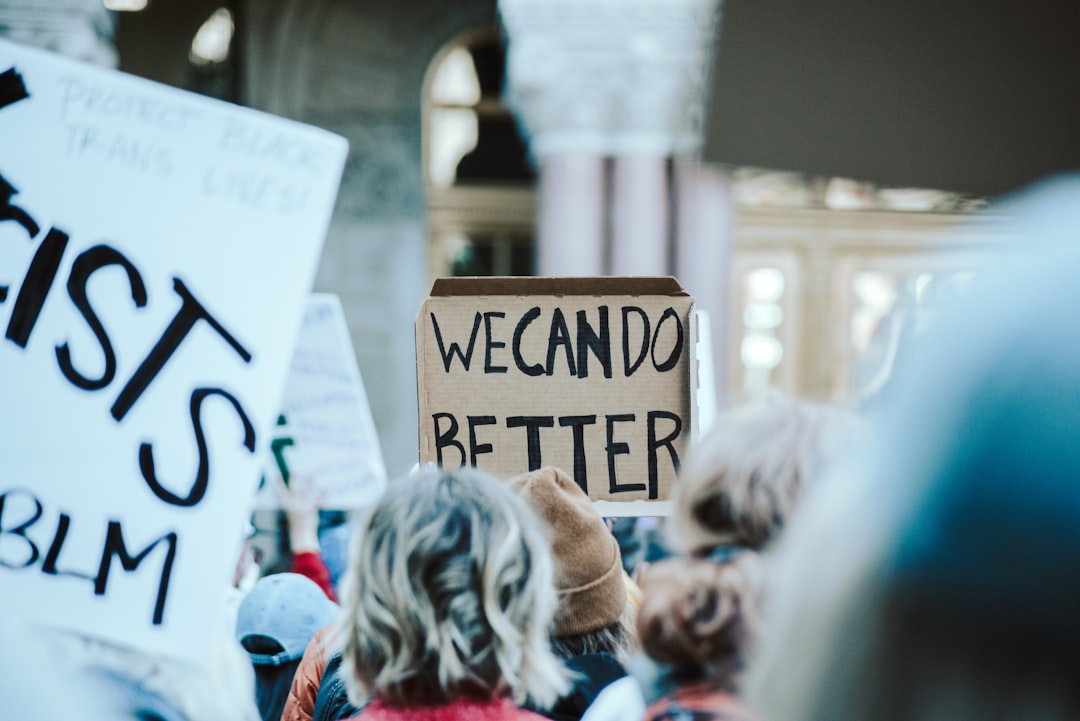What is it about?
The transition to remote learning in the context of COVID-19 led to dramatic setbacks in education. Is the return to in-person classes sufficient to eliminate these losses eventually? We study this question using data from the universe of secondary students in São Paulo State, Brazil. We contrast changes in math and language proficiency across municipalities and grades that resumed in-person classes earlier (already by Q4/2020) or only in 2021. We find that relative learning losses from longer exposure to remote learning did not fade out over time—attesting that school reopening was at the same time key but not enough to mitigate accumulated learning losses in face of persistence. Using variation in local responses across 645 municipalities, we further document that remedial educational policies in the aftermath of the pandemic boosted learning recovery.
Featured Image

Photo by Santi Vedrí on Unsplash
Why is it important?
By now, we have learned extensively about the magnitude of educational losses during the COVID-19 pandemic, about the connection between these losses and remote learning, and about the association between learning losses and the length of school closures or the adoption of technologies by students and teachers. In comparison, we still know little about the extent to which these educational losses can be recovered and, if so, at what rate. This paper provides first-hand evidence that if, on the one hand, learning recovery is possible even in middle- and low-income settings, on the other hand, it requires remedial educational policies to be in place. Learning losses built up during remote learning did not mechanically fade out as in-person classes returned; if anything, the gap from longer exposure to remote learning even grew larger over time, consistent with a shock to student motivation and/or latent factors behind learning. This is an important finding because of a lack of consensus on the need for and the optimal combination of remedial policies to support students in the aftermath of the pandemic. A representative survey showcased that Brazilian public school students were roughly evenly split across schools offering remedial classes or not, and offering psychological support or not, about a year back into in-person classes.
Perspectives
Besides the practical implications of our findings, they also bear on conceptual issues, such as theories of skill building. Whether learning losses persist or not depends crucially on teaching practices as in-person classes resume. Evidence of teaching practices worldwide suggests that targeted instruction—responsive to students’ skill level and, in particular, differentiated to account for classroom heterogeneity —is, unfortunately, a rare feature of teaching, in low- and middle-income countries and high-income countries alike. The scarcity of targeted instruction throughout the United States is precisely the case made for remedial classes and tutoring, particularly after the pandemic. The same patterns also apply to alternative forms of targeted student support, in and out of the classroom, including socioemotional support. In the absence of targeted instruction and support, gaps in early skills are unlikely to be remediated within the school environment, and the dynamics of accumulated learning losses as in-person classes resume will tend to be dominated by the mechanics of how skill acquisition builds on previous knowledge. Skill-building models typically assume that acquiring earlier skills contributes to skill acquisition later on, through two broad mechanisms. First, because new knowledge integrates and builds up on previous knowledge; i.e., earlier skills increase the likelihood that later skills are successfully learned. Second, because earlier skills increase the productivity of later investments even outside of a specific knowledge area (whereby learning depends flexibly on earlier skills)—and even when students cannot transfer specific knowledge to other problems or contexts; e.g., a student might feel more motivated to learn complex concepts in science once he or she has mastered complex concepts in math. Above and beyond dynamic complementarities, earlier shocks to previous knowledge might also boost latent factors more broadly related to learning, in particular, features of the so-called “sustaining environment”—from teachers’ beliefs about their students’ potential to parental engagement in their children’s school life. These mechanisms imply that the effects of learning shocks are expected to at least partially persist over time. Importantly, subject-specific dynamic complementarities in skill acquisition alone cannot explain persistence ratios above 100%. In simple skill-building models, earlier skills are building blocks—one cannot advance to the next ladder rung before mastering the previous skill. As acquiring a skill increases the probability of acquiring the next one, expected persistence is computed by multiplying probabilities. Since probabilities are bounded above by 1, these models imply that effects must (weakly) decay over time. As such, our finding that early gaps widen over time imply that the shock also impacted student motivation and/or latent factors behind learning.
Guilherme Lichand
Stanford University
Read the Original
This page is a summary of: The lasting impacts of remote learning in the absence of remedial policies: Evidence from Brazil, Proceedings of the National Academy of Sciences, May 2024, Proceedings of the National Academy of Sciences,
DOI: 10.1073/pnas.2316300121.
You can read the full text:
Contributors
The following have contributed to this page










